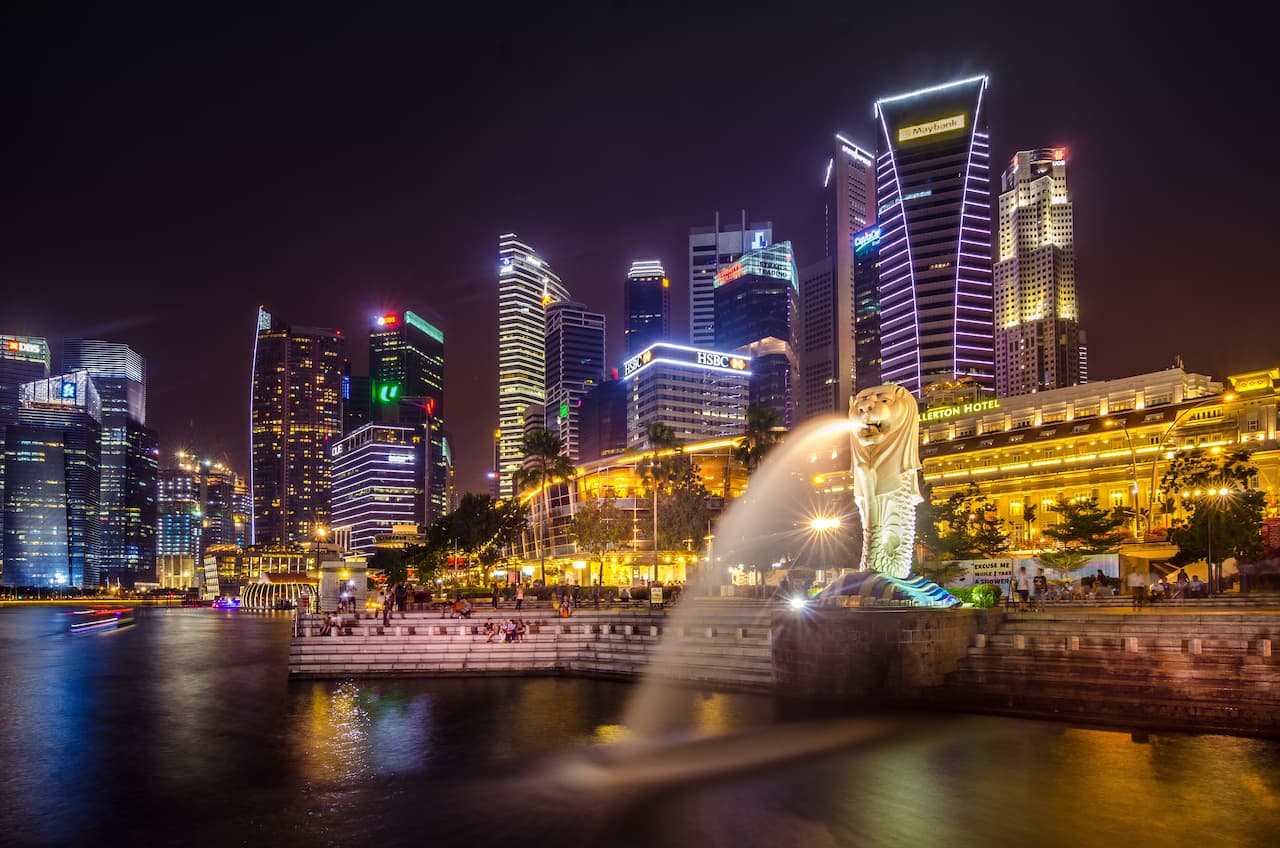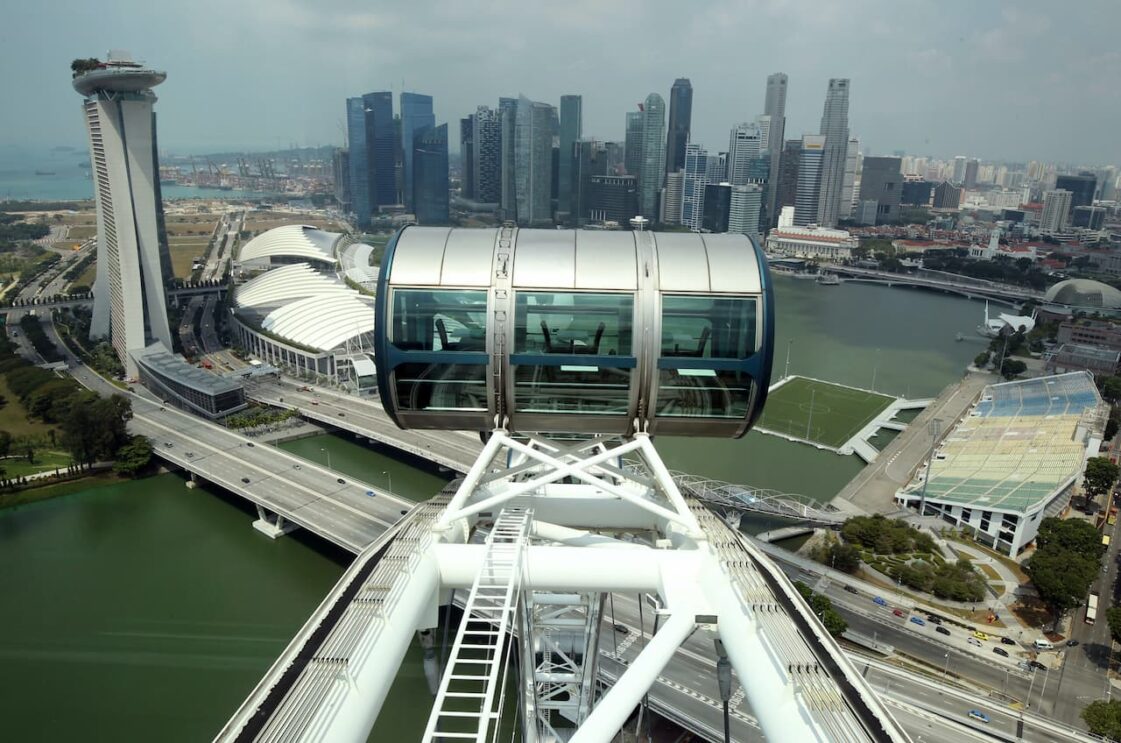
We all know about Singapore’s efficient infrastructure, chicken rice, and rooftop bars. And that Singapore City, the country’s capital, hosts the Formula One night race. It cannot be unnoticed that Singapore has enjoyed rapid economic growth and prosperity for decades.
Much of Singapore’s growth is attributed to Lee Kuan Yew, the country’s first Prime Minister. It is worth mentioning since he led the country between 1959 and 1990. From the first point, Singapore attained its independence from Malaysia in 1965 after a referendum.
However, did you know that Singapore was a poor island with no resources of its own just half a century ago? Since then, the country has seen rapid change. As a result, Singapore City boasts world-class airports and resorts.
Based on all this information, what led to Singapore’s economic miracle? Read on to find out more about the wise strategics and economic principles of this country.
Yew’s approach to making Singapore an attractive investment destination was based on principles that included a world-class workforce, efficient infrastructure, transparent and low tax regime, efficient and clean bureaucracy, legal and regulatory structure, worthy foreign policy, and a green and clean city. Through the gradual implementation of these principles, Singapore has become a highly sought-after destination for businesses and investors alike.
Yew also prioritized social cohesion and a world-class education system, which he believed would create a competitive advantage for the country. He implemented rigorous meritocracy and was intolerant of corruption and complacency, creating a transparent judiciary that enabled many businesses to thrive.
To ensure continuous development, Yew understood the importance of creating a solid institutional setup that prioritized overall stability, eradication of corruption, efficient government structures, and the rule of law. This enabled Singapore to maintain a consistent and reliable framework for growth and development.
Another factor that contributed to Singapore’s economic success was immigration integration. Yew recognized the importance of creating an immigrant-friendly society to attract educated people and generate employment, bring in capital, and share knowledge with the local people. Today, Singapore is one of the most welcoming countries in the world, with measures that have led to exponential increases in the country’s welfare.
Factors That Led to Singapore’s Economic Miracle
Rome wasn’t built in a day, the same applies to Singapore. Remaining a piece of an island without even access to water, Singapore has grown into an industrial country that all other powers in the world reckon with. Now we have access to historical data about five main factors contributing to Singapore’s miraculous growth and prosperity.
Attractive Destination
After Singapore’s independence, Yew embarked on making the country an attractive investment destination. To realize this, he created the following principles:
- World-class workforce;
- An efficient infrastructure;
- A transparent and low tax regime;
- An efficient and clean bureaucracy;
- Legal and regulatory structure;
- A worthy foreign policy;
- A green and clean city.
By gradually applying these principles to the reality of Singapore back in the 20th century, we can see what the result is nowadays.
Social Cohesion and World-Class Education System
Despite the country’s religious and ethnic diversity, Yew ensured social solidarity and unity.
In addition, he raised the standards for a world-class education system. He strived to make human capital the country’s competitive advantage. He also vigorously applied rigorous meritocracy.
This approach unleashed social mobility forces upward for all. Besides, Yew was intolerant of corruption and complacency. This, supplemented by a transparent judiciary, enabled many businesses to thrive.

Solid Institutional Setup
Yew understood that his country was needed to be put on the path of continuous development. He believed that any growth incentives could be dismantled and policies reversed. With these in mind, he created a country with a solid institutional setup. His main emphasis was on the following principles:
- Overall stability;
- Eradication of corruption;
- Efficient government structures;
- The rule of law.
Immigration Integration
Yew dreamed of an economically sound Singapore. A country that would be robust enough for generations to come. But the new country had various limitations.
At that time, the Prime Minister was focused on adjusting the mentality of the citizens of Singapore. To create a greater Singapore, the inhabitants had to be immigrant-friendly.
Additionally, to achieve high heights, Singapore needed educated people, thus the government started to invest in human capital. It was done because of several reasons among those are:
- To create employment;
- To bring in the capital;
- To share knowledge with the local people.
Nowadays, Singapore is among the most highly welcoming countries in the world. All in all, many measures lead to the fact that the welfare of Singapore has increased exponentially.
Regional Hub
After Singapore’s independence from Malaysia, Yew formed a highly technocratic government. As a result, Singapore formulated meritocratic, results-based, and competitive economic policies.
Among Yew’s key decisions was to develop Changi Airport. This was after the country overgrew the Paya Lebar Airport that it had developed in the 1950s.
Singapore’s air hub and sea freight hub, as well as its foundations of good governance and transparency, made the country the most sought-after destination by multinationals in Asia.
Conclusion
All in all, Singapore owes its economic prosperity to its founding father, Lee Kuan Yew. After independence from Malaysia, Yew worked hard to make Singapore an attractive destination. In addition, he ensured social cohesion, created a solid institutional setup, ensured immigration integration, and made Singapore a regional transport hub. And together, these five factors led to the country’s economic miracle.